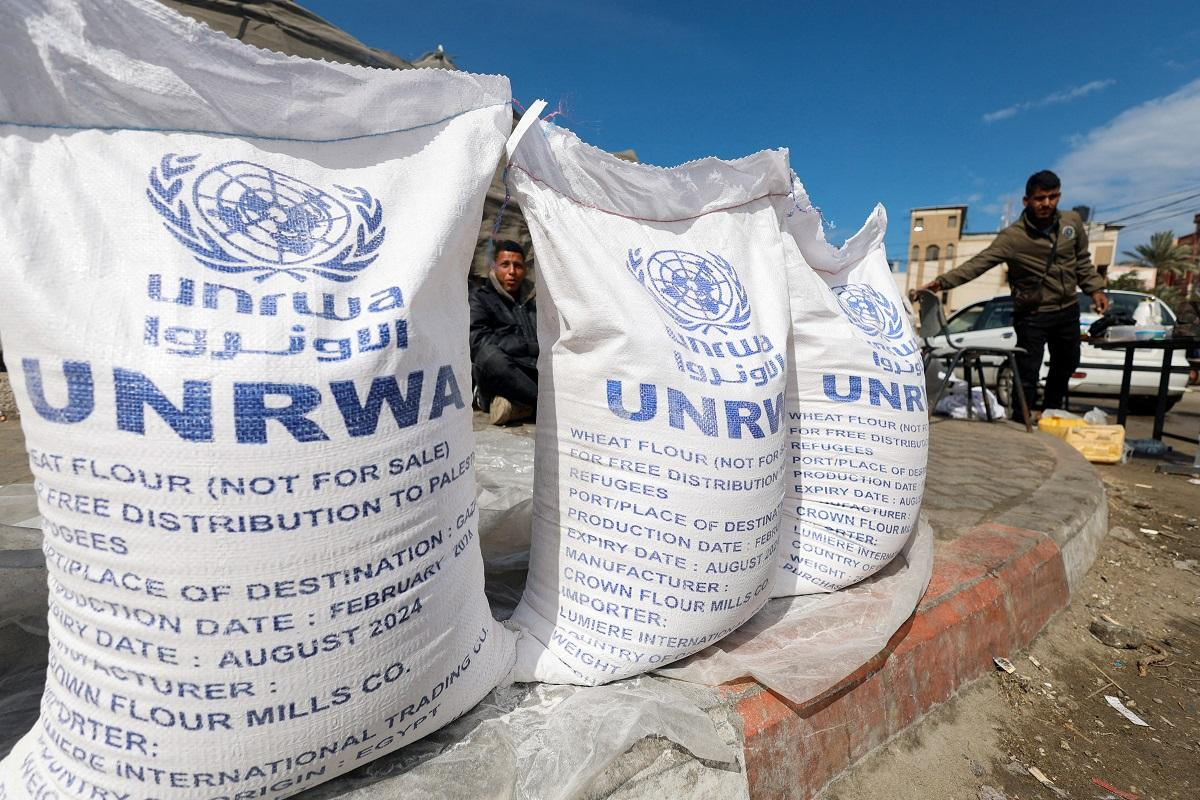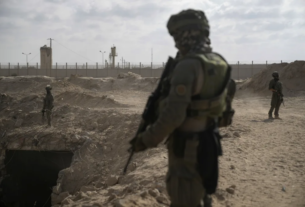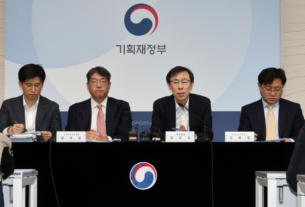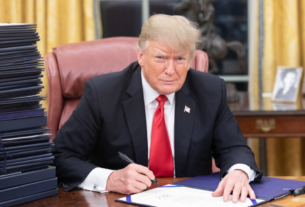U.S. President Donald Trump plans to withdraw from the United Nations Human Rights Council on Tuesday, a White House official said. His administration will also extend the freeze on U.S. funding for the U.N. Relief and Works Agency (UNRWA), which supports Palestinian refugees. These actions reflect his stance on U.S. involvement in international organizations.
The U.S. has criticized the Human Rights Council for alleged bias against Israel and for including countries with poor human rights records. The Trump administration argues that the council fails to address abuses by authoritarian governments. Officials say the decision follows months of frustration over the council’s actions.
Trump’s administration has taken a tough stance on international bodies it sees as ineffective or unfair. The Human Rights Council has passed multiple resolutions condemning Israeli policies, which the U.S. views as one-sided. Previous U.S. officials have raised similar concerns but chose to work within the system instead of withdrawing.
The decision to defund UNRWA follows earlier cuts to U.S. contributions. Washington was the agency’s largest donor, providing around $360 million annually before Trump reduced payments. His administration claims the agency promotes a narrative that keeps Palestinians dependent on international aid instead of seeking long-term solutions.
UNRWA provides education, healthcare, and social services to millions of Palestinian refugees in the West Bank, Gaza, Jordan, Lebanon, and Syria. Critics say cutting funds will destabilize the region and create a humanitarian crisis. The agency warns that schools and medical services could shut down if alternative funding is not secured.
Israeli officials have praised Trump’s approach to the Human Rights Council and UNRWA. They argue that the council unfairly targets Israel while ignoring human rights violations in other countries. Israel has also long opposed UNRWA, saying it helps maintain the Palestinian refugee issue instead of resolving it.
Palestinian leaders have condemned the U.S. decision to withdraw from the Human Rights Council. They say the move weakens global efforts to hold Israel accountable for its policies in the occupied territories. The Palestinian Authority has also criticized the UNRWA funding cuts, calling them an attack on refugee rights.
The U.S. withdrawal from the Human Rights Council follows other decisions to pull back from international agreements. Trump has already exited the Paris climate accord, the Iran nuclear deal, and the Trans-Pacific Partnership. His administration argues that these agreements place an unfair burden on the U.S. while benefiting other countries.
The White House insists that future U.S. engagement with the Human Rights Council will depend on reforms. Officials say they want stricter membership criteria to prevent countries with poor human rights records from joining. They also demand a fairer approach to how the council investigates violations worldwide.
The decision to cut UNRWA funding is part of Trump’s broader Middle East policy. His administration has taken steps that align closely with Israeli interests, including recognizing Jerusalem as Israel’s capital. The U.S. also moved its embassy from Tel Aviv to Jerusalem, a decision that drew international criticism.
The United Nations and humanitarian groups have urged the U.S. to reconsider. They warn that weakening UNRWA will harm millions of people who rely on its services. The European Union and other donors have stepped in to fill some funding gaps, but the agency still faces financial challenges.
The Trump administration remains firm in its position. It argues that UNRWA needs major reforms to improve transparency and efficiency. U.S. officials say they support aid for Palestinians but want to fund programs that promote self-reliance rather than dependence.
Trump’s decisions on the Human Rights Council and UNRWA continue to shape U.S. foreign policy. His administration sees these moves as necessary to push for changes in international institutions. Supporters say the U.S. is standing up for fairness, while critics warn of increased instability in the Middle East.




